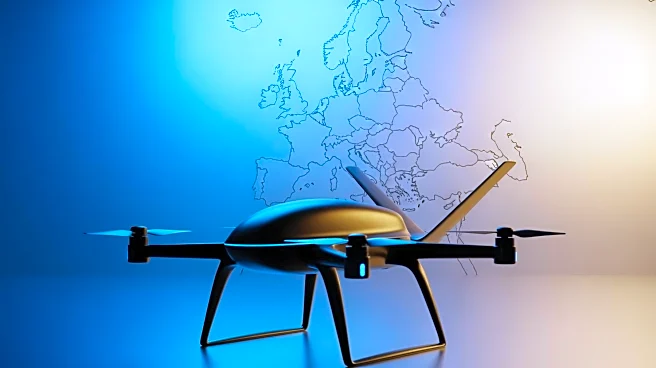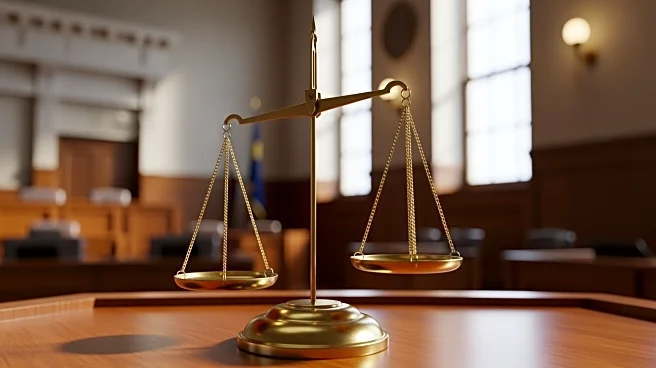Rapid Read • 7 min read
President Trump has declared a 'crime emergency' in Washington, D.C., leading to increased coordination between the D.C. National Guard and federal law enforcement agencies. This move is expected to enhance digital surveillance in the city, utilizing military-grade intelligence-gathering technologies. The deployment includes spy aircraft and cellular interception devices, raising privacy concerns. The initiative aims to target criminal networks, but the expanded use of AI-powered surveillance tools could lead to misidentification and privacy violations.
AD
The increased surveillance in D.C. highlights the tension between security measures and civil liberties. While the initiative aims to enhance public safety, it raises concerns about privacy and the potential misuse of AI technologies. The integration of military-grade surveillance tools in domestic law enforcement could set a precedent for expanded government monitoring, impacting individual rights and freedoms. The use of AI in law enforcement, particularly facial recognition, has been criticized for inaccuracies and racial bias, posing risks to marginalized communities.
The expansion of surveillance technologies in D.C. may prompt legal and public scrutiny. Civil rights organizations, such as the ACLU, are likely to challenge the use of AI tools and demand transparency in government surveillance practices. The ongoing debate over privacy and security could lead to legislative actions to regulate the use of AI in law enforcement. The federal government's push for AI deployment across agencies may continue, but with increased calls for oversight and accountability.
The deployment of advanced surveillance technologies in D.C. reflects broader trends in government monitoring and data collection. The integration of AI tools raises ethical questions about the balance between security and privacy. The potential for widespread surveillance could lead to cultural shifts in how individuals perceive their rights and freedoms, influencing public trust in government institutions.
AD
More Stories You Might Enjoy










